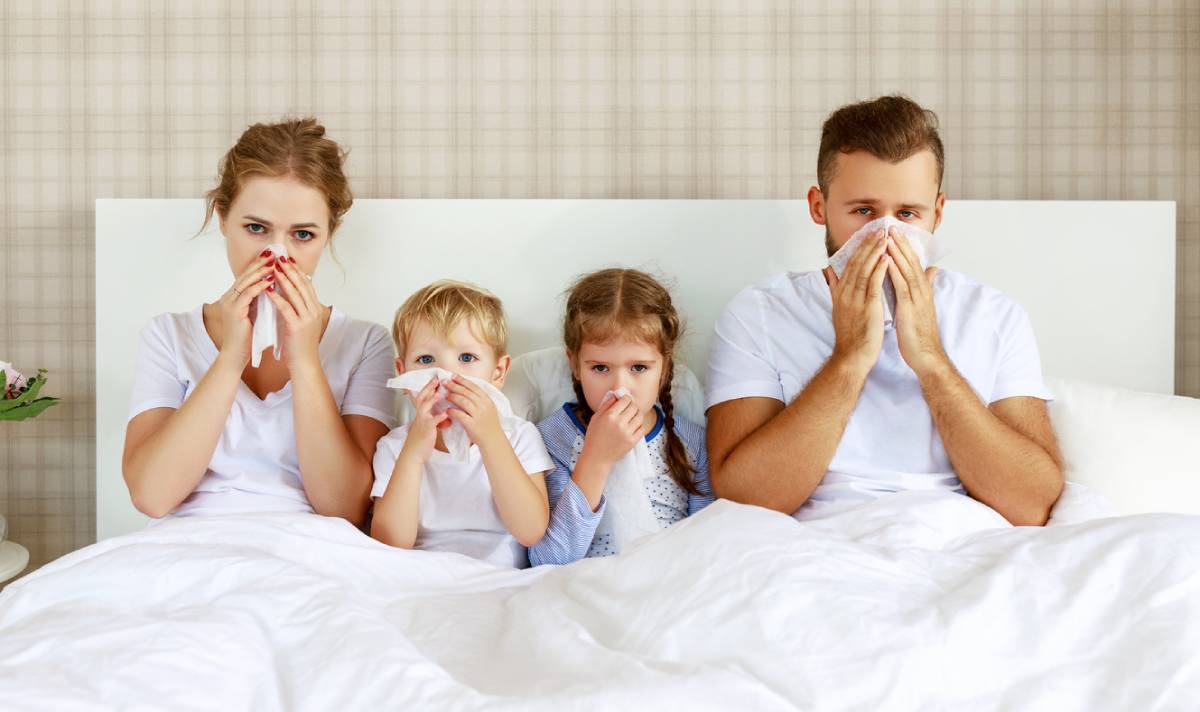At best, allergies are a minor annoyance. Seasonal sniffles, a minor cough, and hives are fairly common symptoms when it comes to mild or moderate allergies. However, it is easy to get a little too comfortable. As much as we know what to expect with our allergy symptoms, allergic reactions can vary quite a bit. But can allergies get worse over time?
An allergen that once elicited mild symptoms could eventually cause a serious reaction as a result of continued exposure. The truth is that our experience with allergies is impossible to predict. There is every possibility that some allergies will worsen with time.
Can Allergies Get Worse Over Time?
For many people, allergies are a childhood experience. Reactions to plants or pet dander go through moments of flux throughout childhood. The highs and lows eventually balance out, and you have a relatively predictable reaction as an adult based on the concentration of the allergen and the frequency of your exposure. Sadly, there are a few allergens that have a tendency to cause a more exaggerated reaction over time.
Latex, bee venom, and certain food allergies have a tendency to cause more serious reactions as we age. It isn’t entirely clear why certain allergies tend to worsen with age and exposure, but these categories are common factors. Ultimately, we have to expect that our reactions to known allergens will change with time. As a result, it makes sense to prepare for the possibility of anaphylaxis just in case.
What is Anaphylaxis?
Anaphylaxis is a serious allergic reaction marked by two major indicators: a sudden drop in blood pressure and constricted airways. Without immediate access to emergency care or an epi-pen, this response can be fatal because it limits your ability to breathe and deliver oxygenated blood to your organs.
Fortunately, patients without severe allergies rarely experience anaphylaxis. In order to prevent potential harm, patients with a history of serious allergies should carry an epi-pen or an inhaler. Especially if their allergies are more commonly associated with an asthmatic response. Staying properly prepared for a possible bad reaction often proves the best way to handle allergic responses. Especially those likely to have fluctuating symptoms.
Being Prepared
The first step towards preparation is figuring out what allergies you have. To determine your triggers, you’ll want to contact your allergy specialist in New York. Dr. Shukla will take you through the process of allergy testing to help you identify the most potent allergens that you’re likely to encounter. From there, you can create a game plan for avoiding triggers and handling your unavoidable allergies.
For many patients, this will mean receiving immunotherapy as a form of allergy treatment in New York. Immunotherapy uses heavily diluted forms of the allergen to gently expose your body in the hopes of reducing your reaction. Research has shown that immunotherapy is highly effective in patients that suffer seasonal allergies and household-associated allergies. However, if you have an allergy that is more likely to worsen with exposure, then your doctor will suggest a different approach.
Handling Serious Allergies
Severe allergies that may to cause anaphylaxis will demand very different treatment by your doctor. Your treatment will depend on:
- The nature of the allergy
- Its severity
- Whether or not it is asthma-related
Even so, your dedicated pulmonologist will help to create a plan that allows you to live as much of your life as possible without worrying about your allergies. It may not always be perfect, but at least you’ll have a plan for staying safe and enjoying the world around you.

